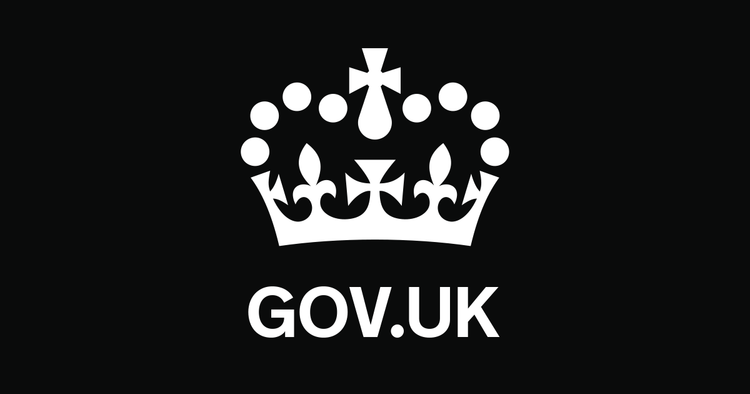Increases to Landfill Tax rates from 1 April 2024

By The Changes In Policy?
Those who manage landfills in England and Northern Ireland and companies that have been approved by HMRC for the Landfill Tax are qualified.
"Overview Of The Measure"
As stated in the Spring Budget of 2023, the Landfill Tax's regular and reduced rates will be raised on April 1, 2024, following the Retail Price Index (RPI) projection, as estimated in the Spring Budget of 2023, rounded up to the nearest 5 pence.
The imposition of Landfill Tax is applicable to any material that is discarded either at a landfill site or an unauthorized waste site. This tax motivates people to reduce the creation of waste and opt for methods of waste management like recycling, composting, and recovery, which are different from dumping in a landfill.
Raising the levels of Landfill Tax in accordance with RPI implies that Landfill Tax can keep supporting the government in achieving its environmental goals.
Understanding The Measure's Background
The announcement concerning this plan was made during the Spring Budget of 2023.
The implementation of Landfill Tax on October 1, 1996 aimed to motivate both waste producers and the waste management sector to find more eco-friendly methods to get rid of materials. There are two types of tax rates: the first one applies to qualifying materials that are less harmful as covered by two Treasury Orders, while the second standard rate applies to all other taxable materials disposed of at authorized landfills. Scotland and Wales were granted responsibility over Landfill Tax in 2015 and 2018, respectively.
From 1 April 2024, the Landfill Tax will rise for the standard and lower rates. This tax covers waste disposals at authorized landfill sites and unapproved waste sites. The changes will take effect in England and Northern Ireland. Any sites that do not have the correct permit or license will have to pay the standard rate on all of their waste materials.
The rates of Landfill Tax are stated in Section 42 of the Finance Act 1996.
New rates of Landfill Tax are to be incorporated through an alteration of section 42(1)(a) and 42(2) in the Autumn Finance Bill 2023. This legislative change will introduce the specified modified rates of Landfill Tax as follows:
Effect On Treasury
This action is predicted to not affect the Exchequer.
This action is anticipated to not make a significant impact on the economy.
The Effect On People, Homes And Families
This action is unlikely to directly affect people or families, and it shouldn't impact the formation, stability, or breakdown of families.
We do not expect these groups that have recognized characteristics to be affected.
"Business & NGOs: Impact On Society"
The new regulation is predicted to have a minimal effect on waste site operators, so it shouldn't cause any major increases in expenses for customer businesses. One-time expenses arising from the switch will likely be minimal, as they'll only involve getting used to the new standard and possibly altering internal protocols. As far as ongoing expenses go, none are expected to arise.
The anticipated yearly increase of Landfill Tax will have no effect on how businesses interact with HMRC, so they shouldn't expect any changes in their tax obligations or procedures. Consequently, this won't have any bearing on civil society organizations either.
Impact On Operations - HMRC Or Other
There will be no expenses for HMRC when they make this alteration.
Raising the Landfill Tax with RPI ensures that people are motivated to reduce the amount of waste they produce and consider alternatives to dumping it in landfills, such as recycling, composting, and recovery.
Various effects, which also include carbon effects, have been taken into account and no remarkable effects have been detected.
This action will be observed by checking the receipts and weight details obtained from tax filings.
We'll keep collaborating with Defra and the Environment Agency, who have important duties and functions when it comes to dealing with waste regulations and policies, on tracking and assessing progress.
In case you have any queries regarding this alteration, feel free to get in touch with Mark Riley via phone at 03000 510729 or send him an email at [email protected].
































































